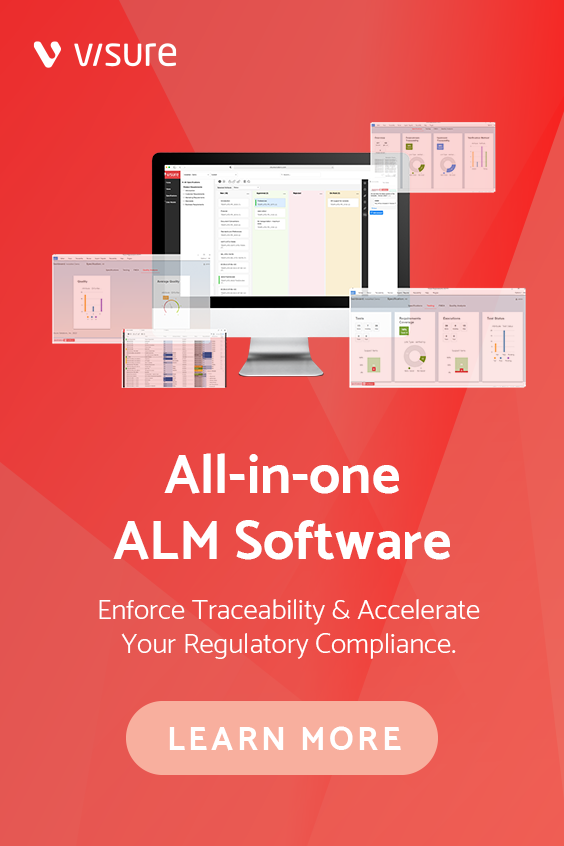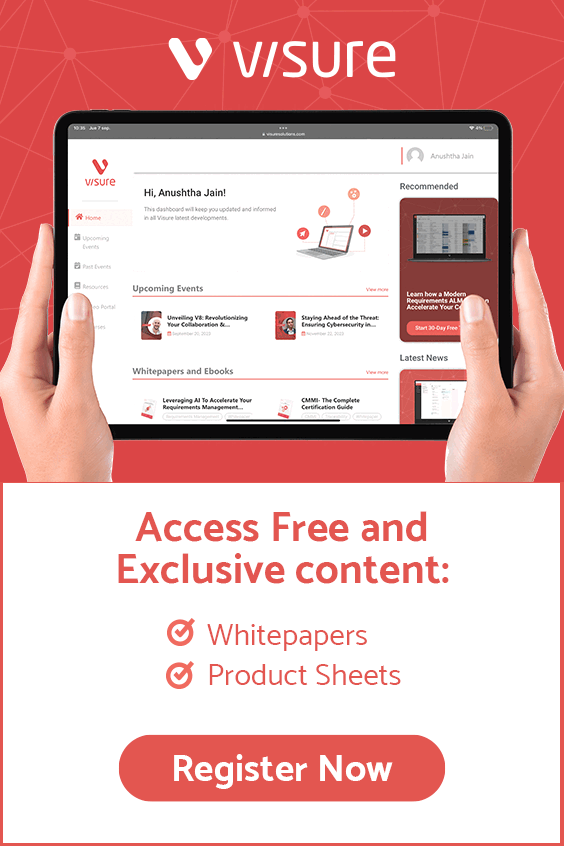Market Size and Trends for Requirements Management and AI
The market size for requirements management and AI has been steadily growing over the years, driven by the increasing need for efficient and effective software development processes. According to a report by MarketsandMarkets, the global requirements management tools market size is expected to grow from $1.4 billion in 2020 to $2.9 billion by 2025, at a Compound Annual Growth Rate (CAGR) of 15.2% during the forecast period. The increasing demand for cloud-based solutions and the adoption of Agile and DevOps methodologies are some of the factors driving the growth of the requirements management tools market.
On the other hand, the AI market is expected to grow at an even faster pace, driven by the increasing adoption of AI technologies across various industries. According to a report by ResearchAndMarkets, the global AI market size is expected to grow from $62.35 billion in 2020 to $202.57 billion by 2026, at a CAGR of 21.8% during the forecast period. The increasing demand for AI-based solutions, such as chatbots, virtual assistants, and predictive analytics, is some of the factors driving the growth of the AI market.
The intersection of requirements management and AI is also expected to grow, with AI technologies being increasingly integrated into requirements management tools. This integration can help automate and optimize various aspects of requirements management, such as requirement elicitation, analysis, prioritization, traceability, and change management, leading to more efficient and effective software development processes. The increasing adoption of AI-based requirements management tools is also expected to drive the growth of the requirements management tools market in the coming years.
Another trend in the requirements management and AI space is the increasing focus on natural language processing (NLP) and machine learning (ML) technologies. NLP can help improve the accuracy and speed of requirement elicitation and analysis by enabling tools to understand and process natural language requirements. Conversely, ML can help automate various aspects of requirements management by learning from historical data and making predictions based on that data. The increasing adoption of NLP and ML technologies is expected to drive the requirements management and AI market growth in the coming years.
What are the impacts of leveraging AI technologies To Optimize Your Requirements Management Process?
Leveraging AI technologies to optimize your requirements management process can have numerous positive impacts on your organization. Here are some of the most significant benefits:
- Improved Efficiency: AI can help automate various tasks involved in requirements management, such as requirement elicitation, analysis, prioritization, traceability, and change management. This can save time and reduce the workload on development teams, allowing them to focus on more critical tasks.
- Increased Accuracy: AI-powered tools can help ensure that requirements are accurate and complete by identifying potential errors or inconsistencies. This can help prevent costly mistakes later in the development process.
- Enhanced Collaboration: By automating routine tasks, AI technologies can free up time for stakeholders to collaborate and engage in more meaningful discussions. This can lead to better communication and a shared understanding of requirements among all team members.
- Greater Transparency: AI-powered tools can provide real-time insights into the status of requirements, including their progress, status, and traceability. This can help stakeholders stay informed and make more informed decisions.
- Better Quality: AI can assist in analyzing the quality of requirements and proposing improvements. This can lead to higher-quality requirements that are more likely to meet stakeholder needs.
- Increased Compliance: AI-powered tools can help ensure that requirements comply with industry standards and regulations. This can help prevent compliance issues and avoid costly fines or legal action.
- Cost Savings: By automating various aspects of requirements management, organizations can reduce costs associated with manual effort and human error. This can lead to substantial cost savings over time.
- Faster Time-to-Market: By automating routine tasks, AI can help accelerate the development process, leading to faster time-to-market and a competitive advantage for the organization.
Overall, leveraging AI technologies to optimize your requirements management process can lead to significant improvements in efficiency, accuracy, collaboration, transparency, quality, compliance, cost savings, and time-to-market. By adopting AI-powered tools, organizations can stay ahead of the curve in today’s fast-paced technological landscape and remain competitive in their industry.
Visure Requirements ALM Platform Integrating With AI
Organizations looking to integrate AI technology into their development teams can explore using development tools like Requirements Management, ALM, and Systems Modeling, which heavily invest in this technology. Visure Solutions’ AI integration can help simplify and accelerate requirements management tasks and brings numerous benefits such as improved accuracy and efficiency in identifying and managing project requirements, faster processing and analysis of data, better collaboration and communication among project stakeholders, and more effective decision making based on real-time data insights. AI can also help to automate manual tasks, generate requirements, create test cases, reduce human errors, and enhance overall project productivity and performance. This can ultimately lead to reduced costs, faster time-to-market, and improved customer satisfaction.
Let’s take a closer look at each of these benefits and how they can impact the requirements management process.
Writing Requirements Test Cases
Writing requirements and test cases manually can be a tedious and error-prone task, but it is essential to ensure that the system meets the specified requirements. Visure’s AI integration can simplify this process by automatically generating test cases from the system’s requirements.
Writing Requirements
Writing requirements can be a time-consuming task that demands much effort and attention to detail. However, Visure’s AI integration can aid in automating this process. By using existing data and best practices, the integration suggests requirements.
Suggesting Requirements Corrections
Visure’s AI integration can assist in identifying and suggesting corrections for potential errors in requirements despite best intentions and careful review. This can help ensure that the requirements are comprehensive and accurate.
Automatically Generate Requirements
Generating requirements is another crucial component of requirements management. Visure’s AI integration can help streamline this process by automatically generating requirements for technical systems, including functional and non-functional requirements.
Analyze the Quality of Requirements
Visure’s AI integration can streamline the process of analyzing requirement quality, which is a painstaking task that demands expertise and attention to detail. With the integration of AI, potential errors or inconsistencies in the requirements can be automatically identified and suggestions for improvement can be provided.
Automatically Generate Requirements for a Given Requirement
The AI integration of Visure can automatically generate requirements, steps, and expected results for a given requirement. This feature can make the development process more efficient by ensuring that each requirement is detailed and complete.
Suggest Compliance Standards for a Given Industry
To ensure compliance with a development project, it is crucial to adhere to industry standards. Visure’s AI integration can assist in achieving compliance by recommending the relevant standards for the system to comply with based on the specific industry.
In this webinar, we covered:
- The Challenges of Traditional Requirements Management and How AI Can Help You Overcome Them
- How will AI Directly Impact Organizations?
- How To Begin Using AI Technology In Your Requirements and Test Management Processes?
- The Role of AI Tools in the Requirements Engineering Process
- How Does Visure’s AI Integration Help Accelerate Your Organizational Requirements Management Process
- And much more!


